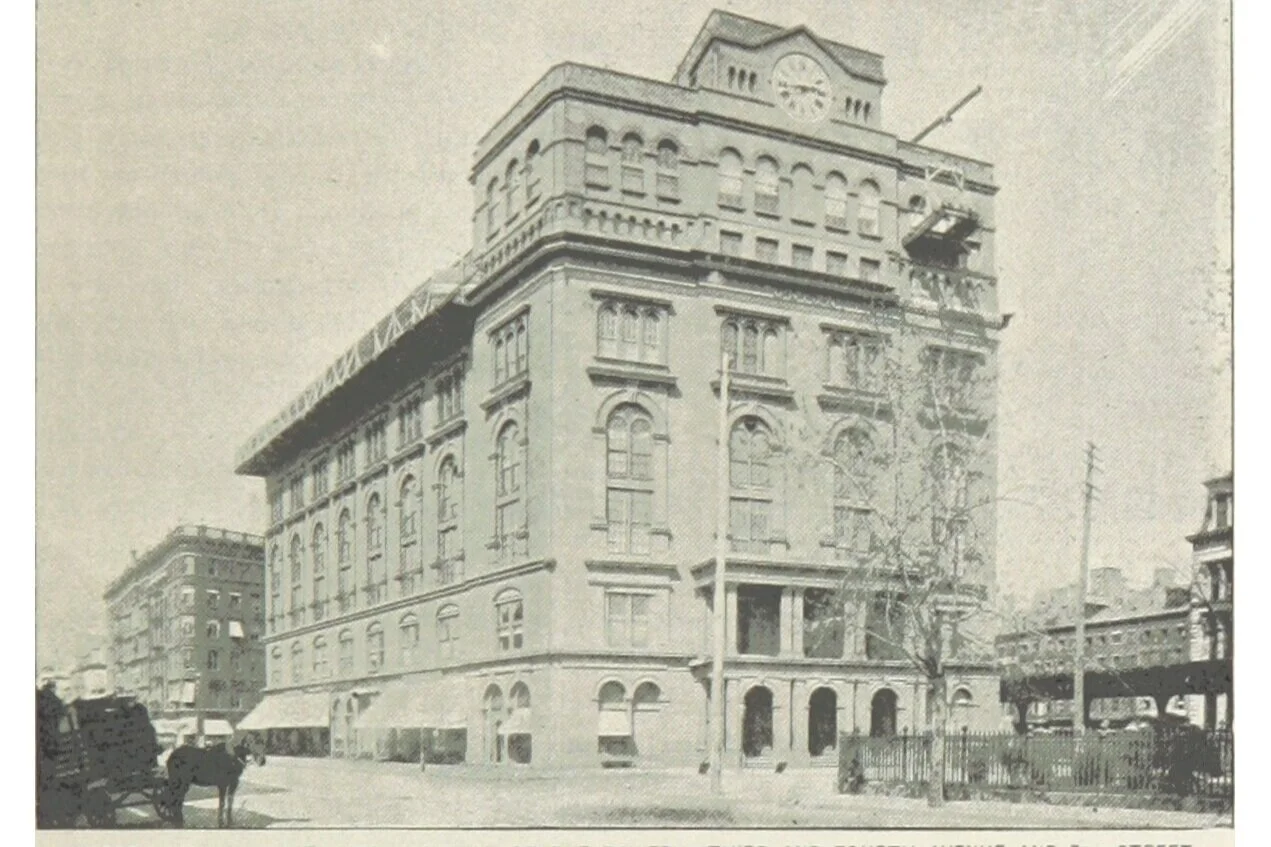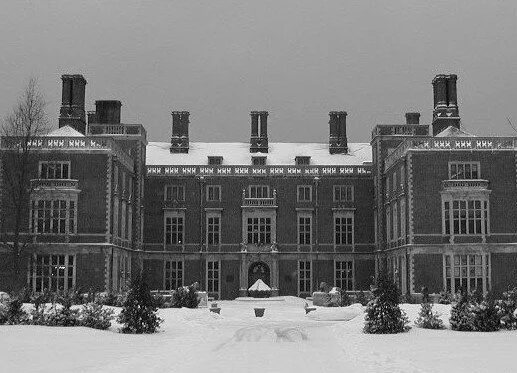Cooper Union for the Advancement of Science and Art, located in Manhattan’s East Village with 1,000 students and an admission’s rate of 8%, was founded in 1859 by Peter Cooper, a successful entrepreneur who had designed and built the first steam railroad engine.
Cooper wanted to create a college, ‘equal to the best’ yet ‘open and free to all’ regardless of sex, wealth, or social status. Cooper Union is comprised of three schools: Irwin Chanin School of Architecture, the School of Art, and Albert Nerkin School of Engineering.
The engineering school offers both bachelors and masters degrees in chemical, electrical, mechanical, and civil engineering. Thomas Edison is a notable former student.




